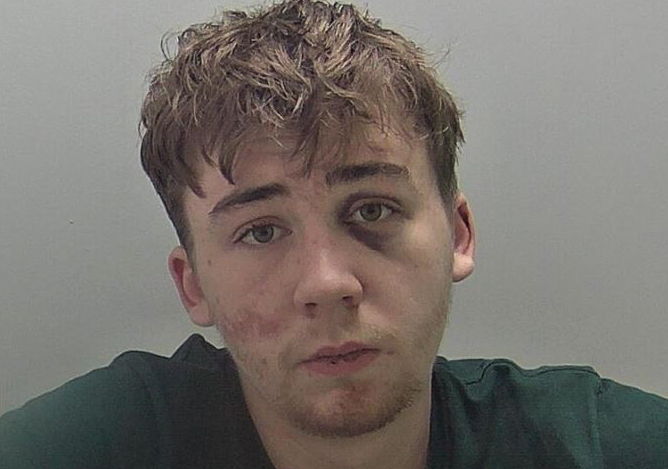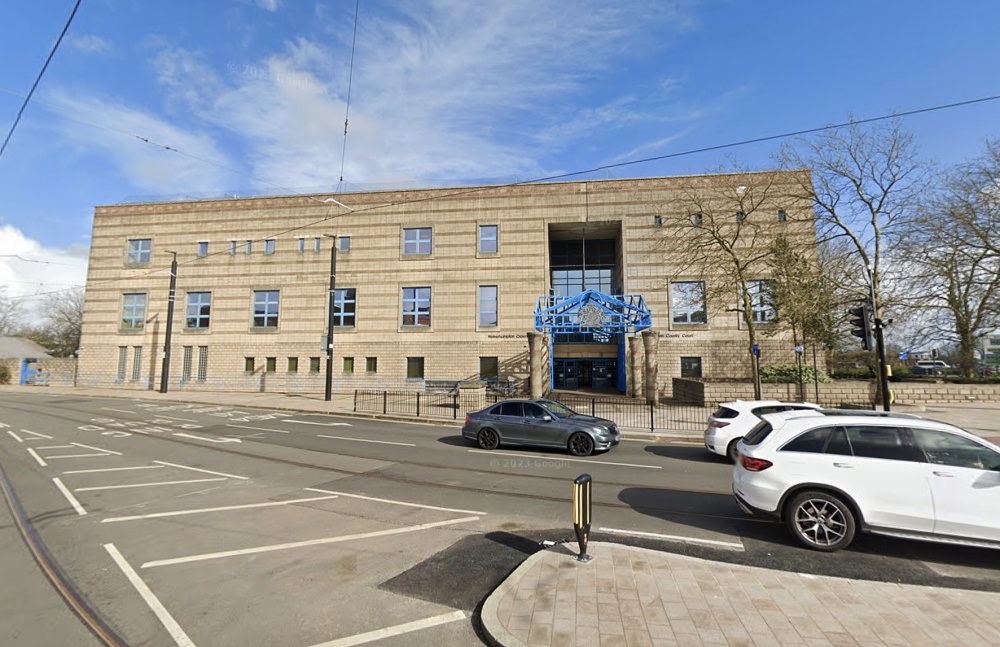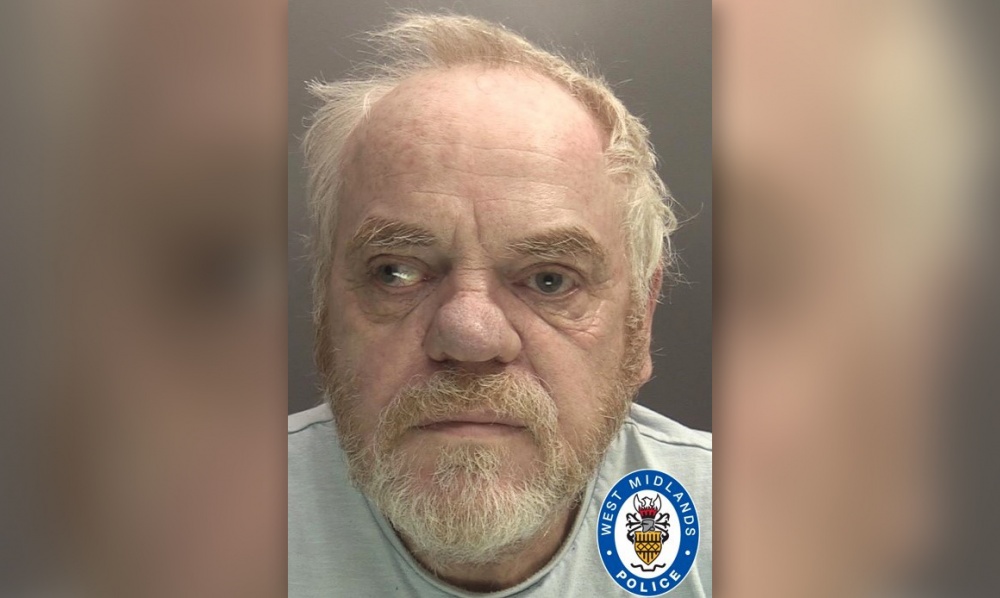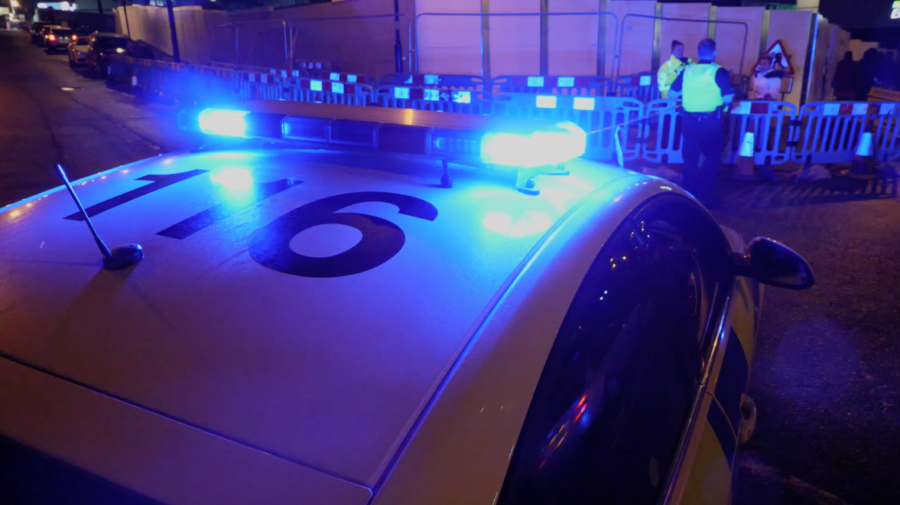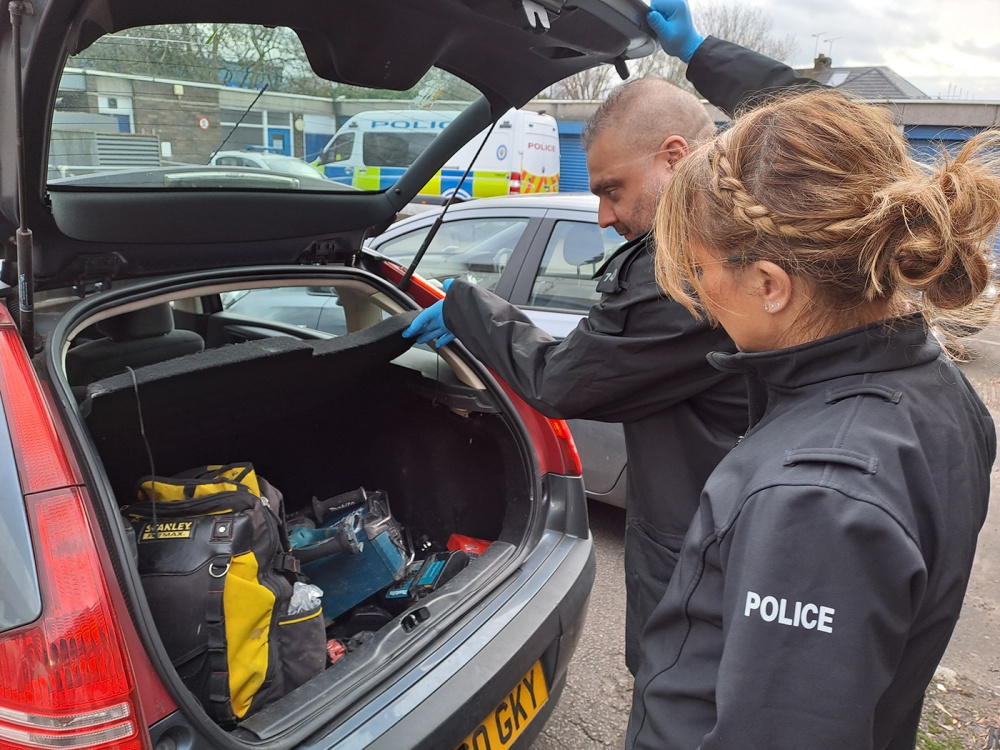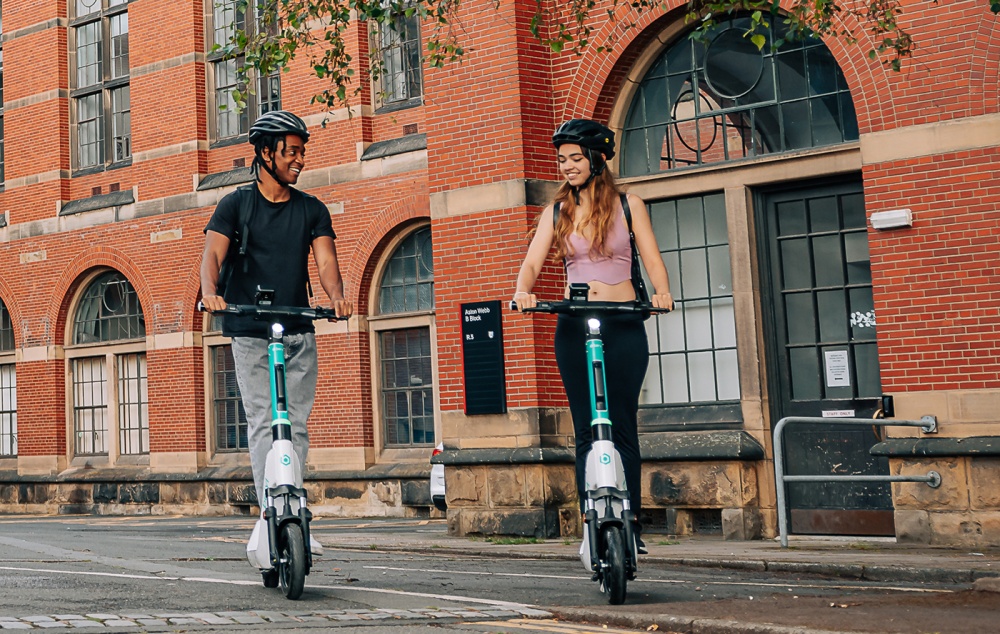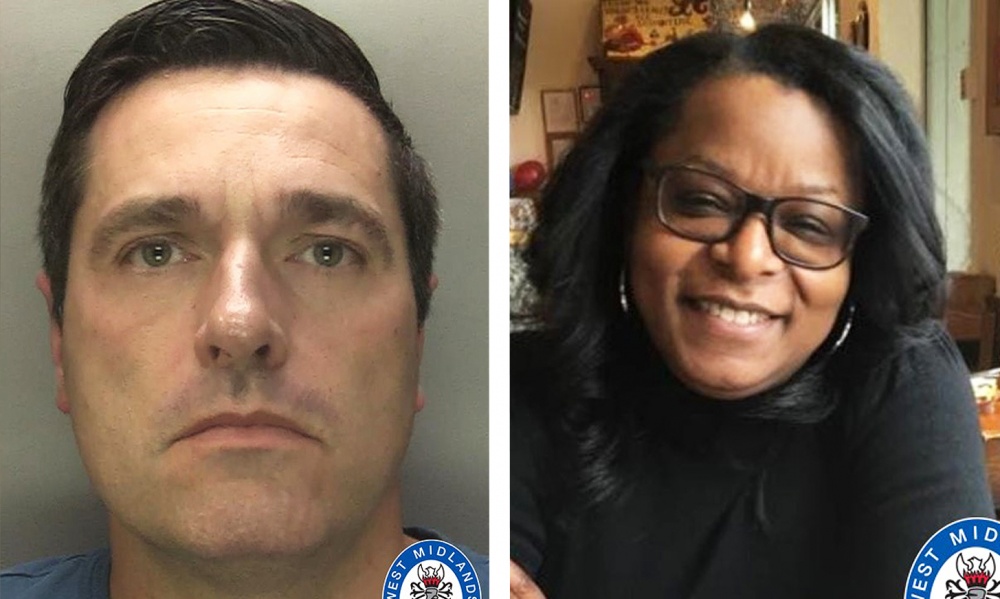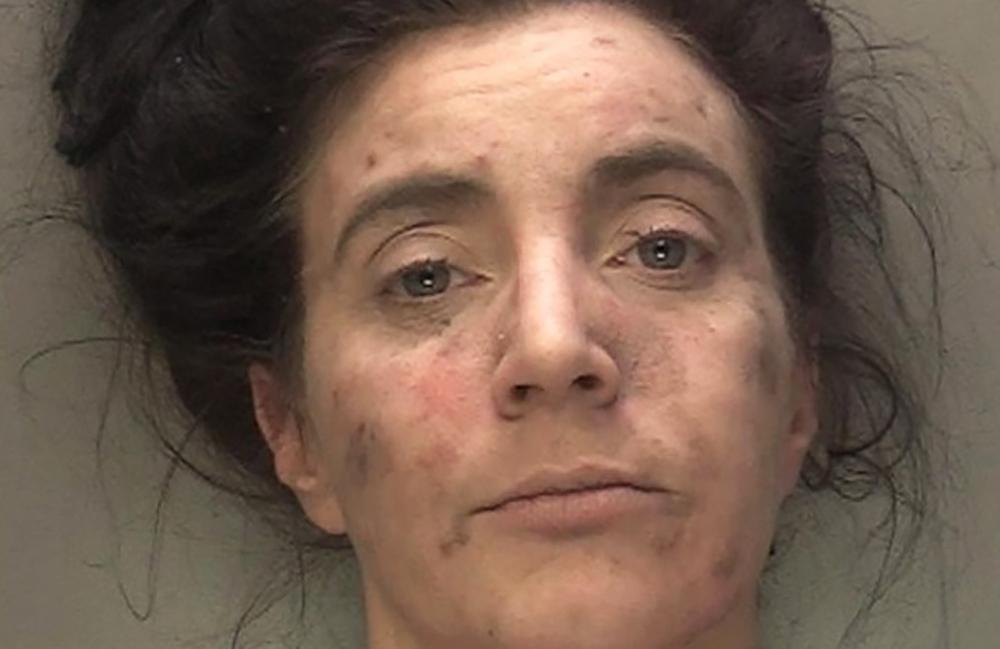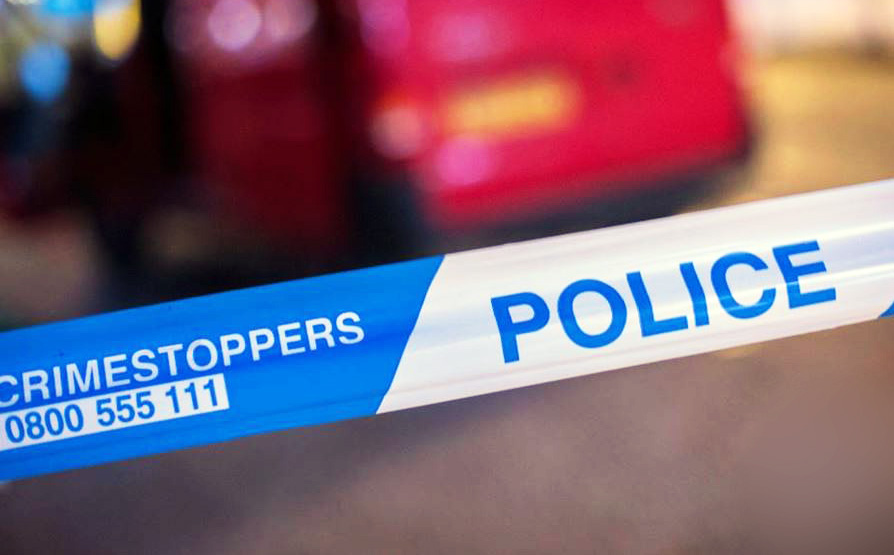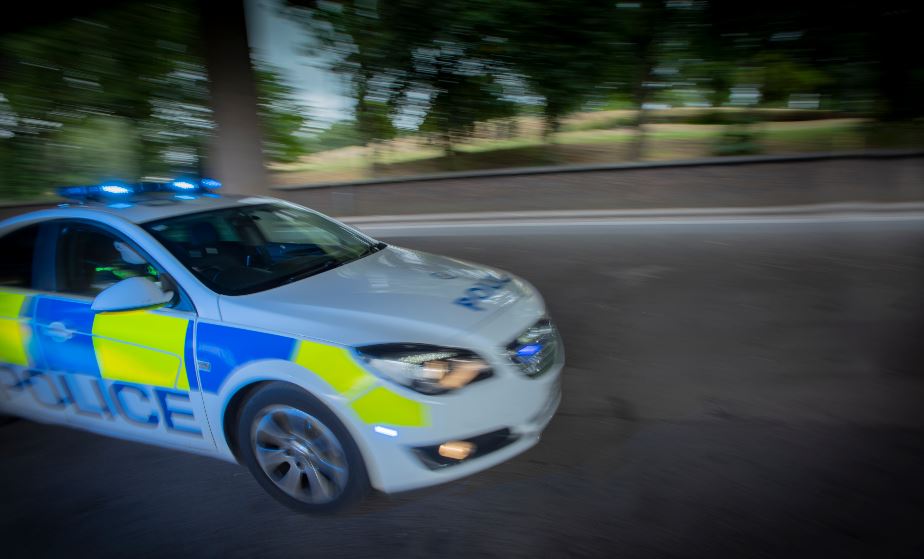Lockdown January 2021: What are the new tougher national restrictions and rules?
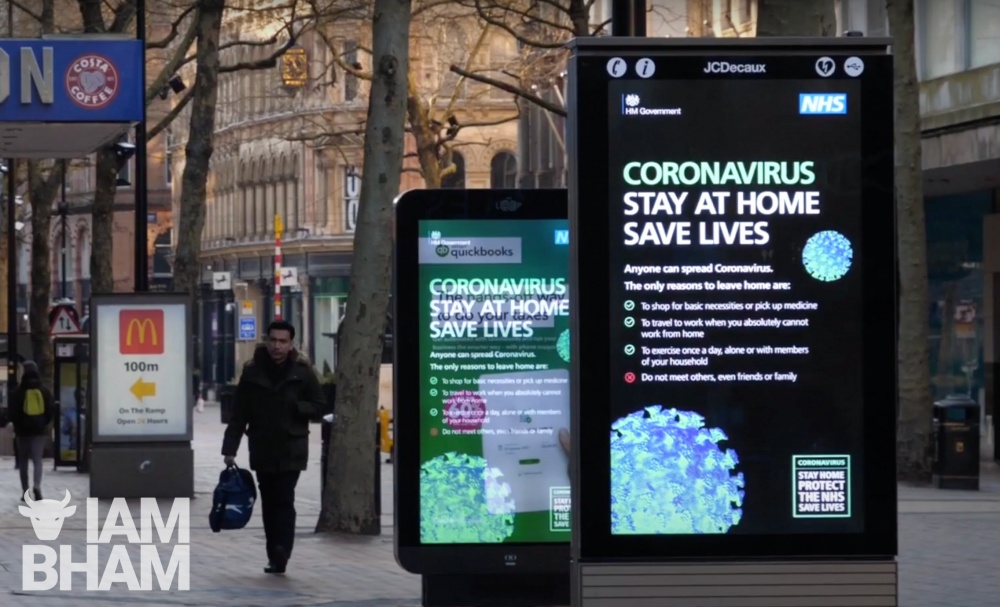
As Prime Minister Boris Johnson announces a new lockdown for England to be enforced from Tuesday, what exactly are the updated restrictions?
According to the latest government statement, the lockdown – beginning today and potentially ending in March with restrictions lifting slowly from mid-February – is similar the first one enforced across England in March last year, but with stricter regulations.
Speaking in a live televised broadcast, the PM urged members of the public to follow the rules as a matter of urgency amid surging coronavirus cases and patient numbers.
Delivering his eight-minute address from Downing Street, Johnson described the weeks ahead would be the “hardest yet” but people in the top four priority groups would receive a first vaccine dose by mid-February, as the nation was entering “the last phase of the struggle”.
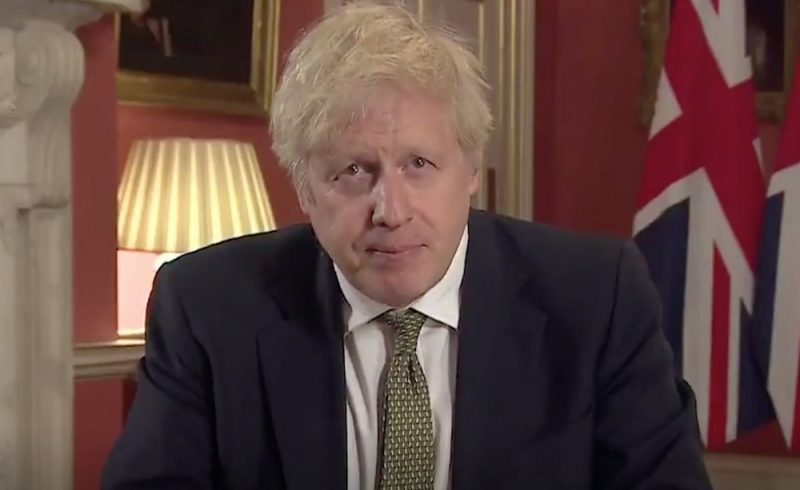 Downing Street
Downing Street This latest action comes as the UK recorded more than 50,000 new confirmed COVID cases for the seventh day in a row on Monday (January 4), while a further 58,784 cases and an additional 407 deaths within 28 days of a positive test result were also logged. The new virus variant, first identified in Kent and since spread across the UK and to other parts of the world, has been found to transmit with greater ease than previous versions.
With all new government guidelines and restrictions published in a 22-page document, the PM also revealed those with extreme clinical vulnerability will be contacted by letter and should now shield once again, that support and childcare bubbles will continue under the new measures, and people can meet one person from another household for outdoor exercise only.
The reinstated lockdown was declared after the UK’s chief medical officers called for the national COVID threat level be increased to its highest status – five, with a warning of “material risk of healthcare services being overwhelmed”, suggesting the NHS could be unable to handle a further sustained rise in cases in the coming month.
What are the main lockdown rules for England?
Stay at Home
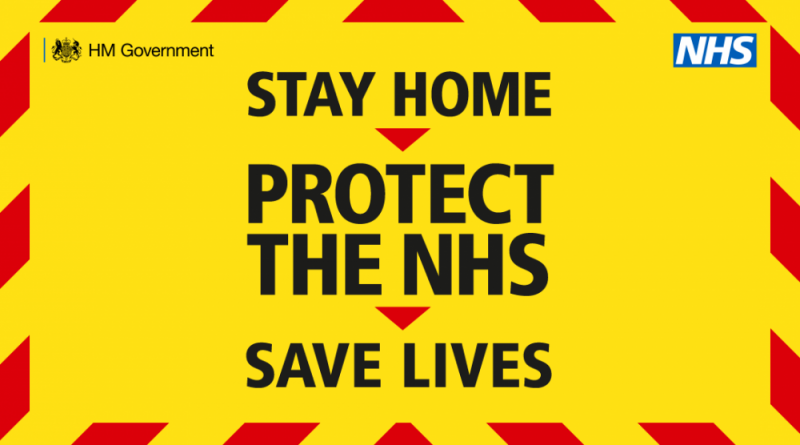 GOV UK
GOV UKIn a bid to curb the continued and increasing spread of COVID-19, everyone in the country must stay at home except for especially permitted reasons, according to the statement from Boris Johnson yesterday evening.
Similar to the first UK lockdown in March 2020, people will not be able to leave their homes except for specific reasons, such as essential medical needs, food shopping, exercise and work for those who cannot do so from home.
The government is urging people to remain at home and only leave the house to shop for basic necessities for themselves or a vulnerable person, go to work or provide voluntary or charitable services, exercise once a day with their household (or support bubble) or one other person, ensuring not to travel outside their local area.
People are also encouraged to meet with their own support bubble or childcare bubble where necessary, but only if they are legally permitted to form one, and to seek medical assistance or avoid injury, illness or risk of harm, including domestic abuse.
Everyone should stay 2 metres apart from anyone not in your household, the government recommends.
If you do leave home for a permitted reason, you should always stay local in the village, town, or part of the city where you live, although you may leave your local area for a legally permitted reason, such as for work.
According to the government website, “You must stay at home. The single most important action we can all take is to stay at home to protect the NHS and save lives. You should follow this guidance immediately. The law will be updated to reflect these new rules.”
This guidance is for people who are fit and well. Additional advice for people who are clinically extremely vulnerable to coronavirus and households with a possible or confirmed coronavirus infection can be found here.
If you are clinically extremely vulnerable you should not attend work, school, college or university, and limit the time you spend outside the home. You should only go out for medical appointments, exercise or if it’s essential.
Hands. Face. Space.
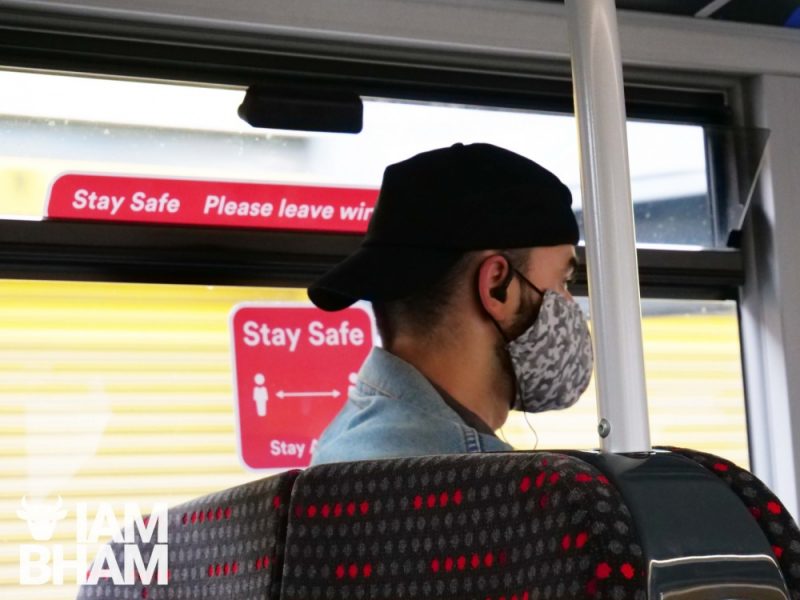 Adam Yosef
Adam Yosef Approximately 1 in 3 people who have coronavirus have no symptoms and could be spreading it without realising it.
Chief Medical Officer Professor Chris Whitty said, “‘Hands. Face. Space’ emphasises important elements of the guidance we want everybody to remember: wash your hands regularly, use a face covering when social distancing is not possible and try to keep your distance from those not in your household.
“Following these simple steps could make a significant difference in reducing the transmission of COVID-19 and help protect you and your friends, colleagues and family from the virus.”
Remember: ‘Hands. Face. Space.’
- Hands – wash your hands regularly and for at least 20 seconds
- Face – wear a face covering in indoor settings where social distancing may be difficult, and where you will come into contact with people you do not normally meet
- Space – stay 2 metres apart from people you do not live with where possible, or 1 metre with extra precautions in place (such as wearing face coverings)
The public are encouraged to continue to be vigilant of coronavirus symptoms which include a new continuous cough, high temperature, or a loss or change in your sense of taste or smell. If you or someone you know, displays any symptoms, no matter how mild, please get a free test by calling 119 or visiting NHS.uk.
Education and childcare
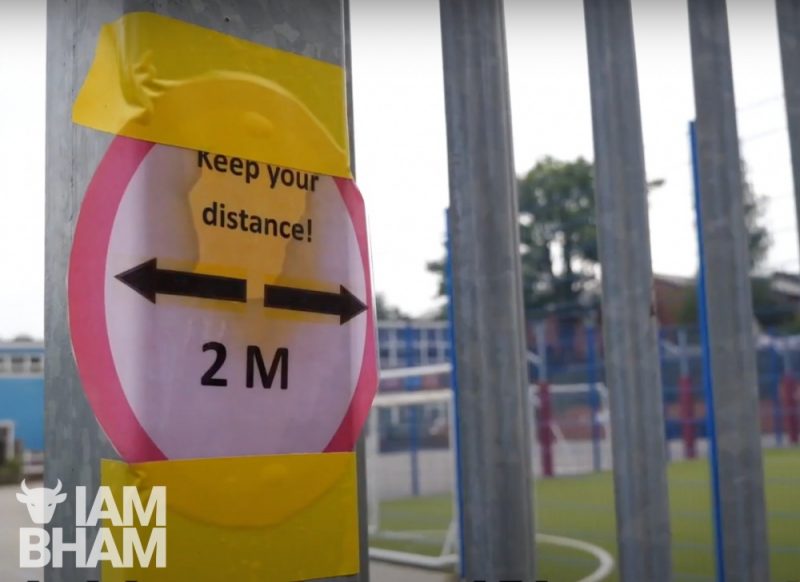 Adam Yosef
Adam Yosef In line with the latest updated restrictions, all schools and colleges will close for most pupils and students, switching to remote learning until the middle of February.
Following a recent debate about school closures between education unions and government officials, it was finally confirmed all schools and colleges would close, but only after schools were open for a whole day on Monday (January 4).
According to government regulations, you can only leave home for education, registered childcare, and supervised activities for children where they are eligible to attend. Access to education and children’s activities for school-aged pupils is restricted.
People can continue existing arrangements for contact between parents and children where they live apart. This includes childcare bubbles.
Colleges, primary and secondary schools will remain open only for vulnerable children and the children of critical workers. All other children will learn remotely until February half term. Early Years settings remain open.
Higher Education provision will remain online until mid February for all except future critical worker courses.
Public exams and vocational assessments scheduled to take place in January will go ahead as planned.
Universities
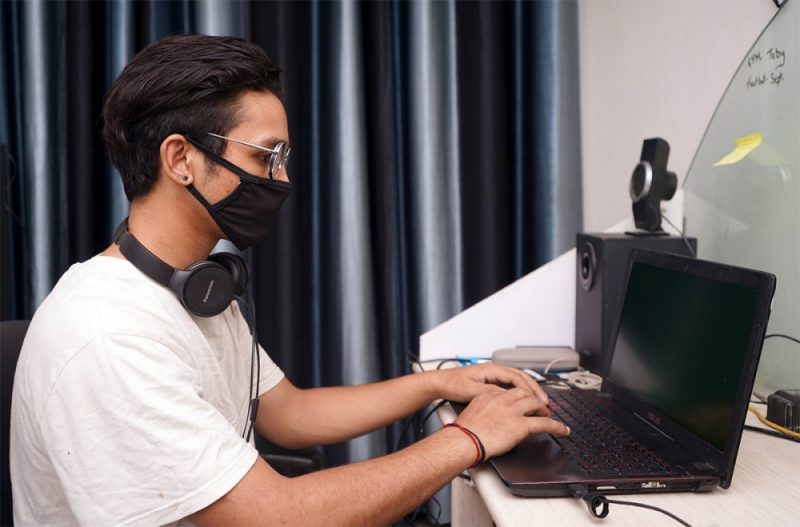 Yogendras31
Yogendras31 University students who travelled home for Christmas will not be able to return to campus until mid-February.
They are expected to continue their studies remotely from their current residence, where possible, while in-person tuition will only continue for a small number of critical courses, such as medicine.
Students who are undertaking training and study for the following courses should return to face to face learning as planned and be tested twice, upon arrival or self-isolate for ten days:
- Medicine & dentistry
- Subjects allied to medicine/health
- Veterinary science
- Education (initial teacher training)
- Social work
- Courses which require Professional, Statutory and Regulatory Body (PSRB) assessments and or mandatory activity which is scheduled for January and which cannot be rescheduled
Students who do not study these courses should remain where they are wherever possible, and start their term online, as facilitated by their university until at least Mid-February. This includes students on other practical courses not on the list above.
If you live at university, you should not move back and forward between your permanent home and student home during term time.
For those students who are eligible for face to face teaching, you can meet in groups of more than your household as part of your formal education or training, where necessary. Students should expect to follow the guidance and restrictions. You should socially distance from anyone you do not live with wherever possible.
Work
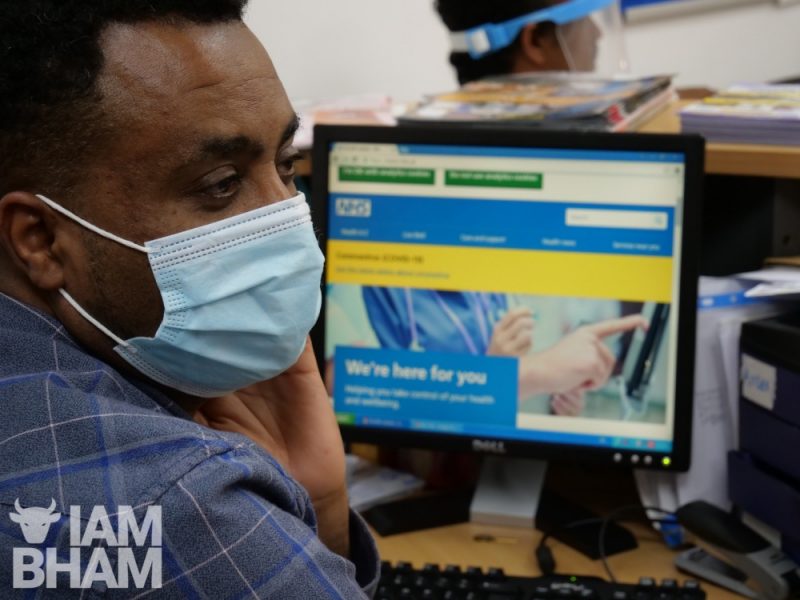 Adam Yosef
Adam Yosef You can only leave home for work purposes where it is unreasonable for you to do your job from home, including but not limited to people who work within critical national infrastructure, construction or manufacturing that require in-person attendance. You can also leave home to provide voluntary or charitable services.
You may only leave your home for work if you cannot reasonably work from home.
Where people cannot work from home – including, but not limited to, people who work in critical national infrastructure, construction, or manufacturing – they should continue to travel to their workplace. This is essential to keeping the country operating and supporting sectors and employers.
Public sector employees working in essential services, including childcare or education, should continue to go into work.
Where it is necessary for you to work in other people’s homes – for example, for nannies, cleaners or tradespeople – you can do so. Otherwise, you should avoid meeting for work in a private home or garden, where COVID-19 Secure measures may not be in place.
Employers and employees should discuss their working arrangements, and employers should take every possible step to facilitate their employees working from home, including providing suitable IT and equipment to enable remote working.
The risk of transmission can be substantially reduced if COVID-19 secure guidelines are followed closely. Extra consideration should be given to those people at higher risk.
Retail and businesses
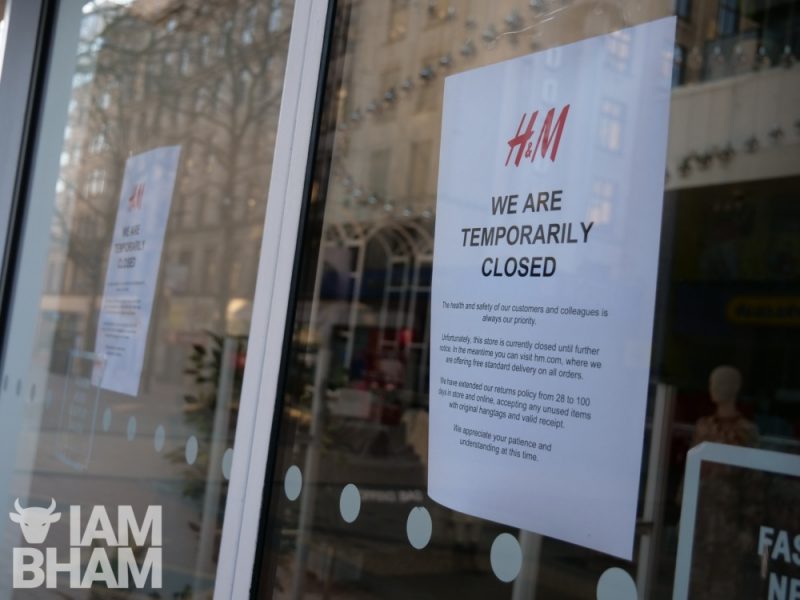 Adam Yosef
Adam Yosef People can leave home to buy things at shops or obtain services and they may also leave their homes to do these things on behalf of a disabled or vulnerable person or someone self-isolating.
To reduce social contact, the regulations require some businesses to close and impose restrictions on how some businesses provide goods and services. The full list of businesses required to close can be found in the guidance on closing certain businesses and venues in England, but includes:
- Non-essential retail, such as clothing and homeware stores, vehicle showrooms (other than for rental), betting shops, tailors, tobacco and vape shops, electronic goods and mobile phone shops, auction houses (except for auctions of livestock or agricultural equipment) and market stalls selling non-essential goods. These venues can continue to be able to operate click-and-collect (where goods are pre-ordered and collected off the premises) and delivery services
- Hospitality venues such as cafes, restaurants, pubs, bars and social clubs; with the exception of providing food and non-alcoholic drinks for takeaway (until 11pm), click-and-collect and drive-through. All food and drink (including alcohol) can continue to be provided by delivery
- Accommodation such as hotels, hostels, guest houses and campsites, except for specific circumstances, such as where these act as someone’s main residence, where the person cannot return home, for providing accommodation or support to the homeless, or where it is essential to stay there for work purposes
- Leisure and sports facilities such as leisure centres and gyms, swimming pools, sports courts, fitness and dance studios, riding arenas at riding centres, climbing walls, and golf courses
- Entertainment venues such as theatres, concert halls, cinemas, museums and galleries, casinos, amusement arcades, bingo halls, bowling alleys, skating rinks, go-karting venues, indoor play and soft play centres and areas (including inflatable parks and trampolining centres), circuses, fairgrounds, funfairs, water parks and theme parks
- Animal attractions (such as zoos, safari parks, aquariums, and wildlife reserves)
- Indoor attractions at venues such as botanical gardens, heritage homes and landmarks must also close, though outdoor grounds of these premises can stay open for outdoor exercise
- Personal care facilities such as hair, beauty, tanning and nail salons. Tattoo parlours, spas, massage parlours, body and skin piercing services must also close. These services should not be provided in other people’s homes
- Community centres and halls must close except for a limited number of exempt activities, as set out below. Libraries can also remain open to provide access to IT and digital services – for example for people who do not have it at home – and for click-and-collect services.
Some of these businesses and places will also be permitted to be open for a small number of exempt activities. A full list of exemptions can be found in the guidance on closing certain businesses and venues in England, but includes:
- Education and training – for schools to use sports, leisure and community facilities where that is part of their normal provision
- Childcare purposes and supervised activities for those children eligible to attend
- Hosting blood donation sessions and food banks
- to provide medical treatment
- For elite sports persons to train and compete (in indoor and outdoor sports facilities), and professional dancers and choreographers to work (in fitness and dance studios)
- For training and rehearsal without an audience (in theatres and concert halls)
- For the purposes of film and TV filming.
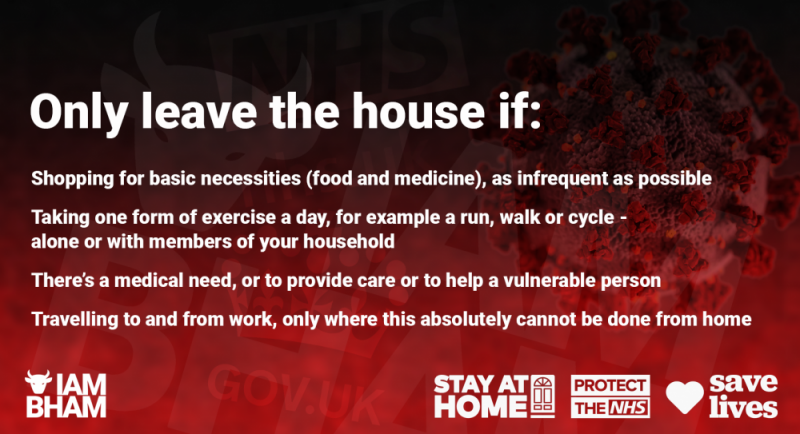 I Am Birmingham
I Am Birmingham Exercise
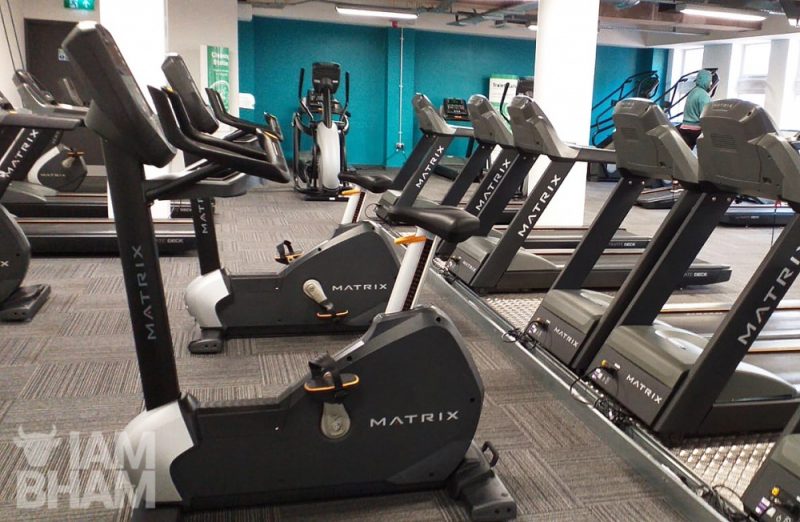 Adam Yosef
Adam Yosef You can continue to exercise alone, with one other person or with your household or support bubble. This should be limited to once per day, and you should not travel outside your local area.You should maintain social distancing. See exercising and meeting other people.
You can only leave your home to exercise, and not for the purpose of recreation or leisure (e.g. a picnic or a social meeting). This should be limited to once per day, and you should not travel outside your local area.
Indoor gyms and sports facilities will remain closed. Outdoor sports courts, outdoor gyms, golf courses, outdoor swimming pools, archery/driving/shooting ranges and riding arenas must also close. Organised outdoor sport for disabled people is allowed to continue.
You can exercise in a public outdoor place:
- By yourself
- With the people you live with
- With your support bubble (if you are legally permitted to form one)
- In a childcare bubble where providing childcare or, when on your own, with 1 person from another household
Public outdoor places include:
- Parks, beaches, countryside accessible to the public, forests
- Public gardens (whether or not you pay to enter them)
- The grounds of a heritage site
- Playgrounds
- Outdoor sports venues, including tennis courts, golf courses and swimming pools, must close.
When around other people, stay 2 metres apart from anyone not in your household – meaning the people you live with – or your support bubble. Where this is not possible, stay 1 metre apart with extra precautions (e.g. wearing a face covering).
You must wear a face covering in many indoor settings, such as shops or places of worship where these remain open, and on public transport, unless you are exempt. This is the law.
Places of worship and communal prayer
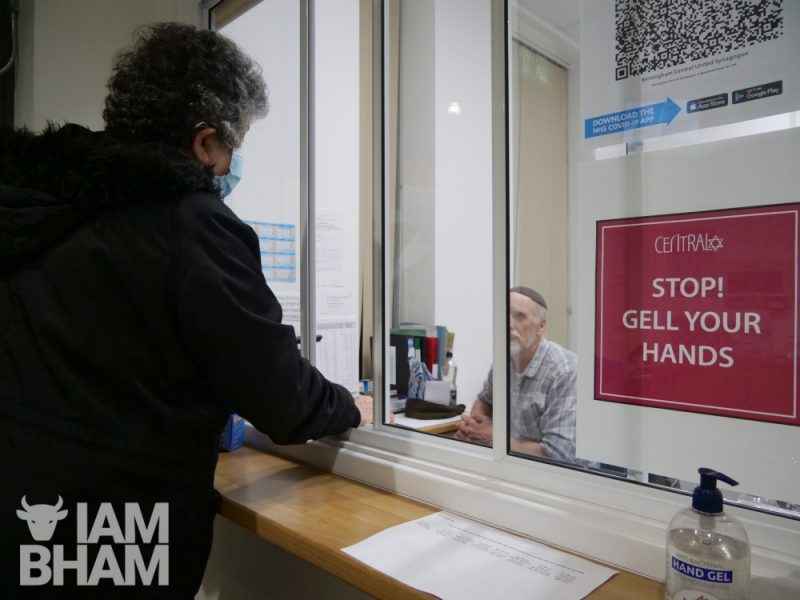 Adam Yosef
Adam Yosef You can attend places of worship for a service. However, you must not mingle with anyone outside of your household or support bubble. You should maintain strict social distancing at all times.
You can leave home to attend or visit a place of worship for communal worship, a funeral or event related to a death, a burial ground or a remembrance garden, or to attend a wedding ceremony.
You should follow the guidance on the safe use of places of worship and must not mingle with anyone outside of your household or support bubble when attending a place of worship.
Weddings, funerals and religious, belief-based or commemorative events linked to someone’s death are all subject to limits on the numbers that can attend, and weddings and civil ceremonies may only take place in exceptional circumstances.
Weddings, civil partnerships, religious services and funerals
 Lensi Photography / I Am Birmingham
Lensi Photography / I Am Birmingham Weddings, civil partnership ceremonies and funerals are allowed with strict limits on attendance, and must only take place in COVID-19 secure venues or in public outdoor spaces unless in exceptional circumstances.
Funerals can be attended by a maximum of 30 people. Linked religious, belief-based or commemorative events, such as stone settings and ash scatterings can also continue with up to 6 people in attendance. Anyone working is not counted in these limits. Social distancing should be maintained between people who do not live together or share a support bubble.
Weddings and civil partnership ceremonies must only take place with up to 6 people. Anyone working is not included. These should only take place in exceptional circumstances, for example, an urgent marriage where one of those getting married is seriously ill and not expected to recover, or is to undergo debilitating treatment or life-changing surgery.
Travel
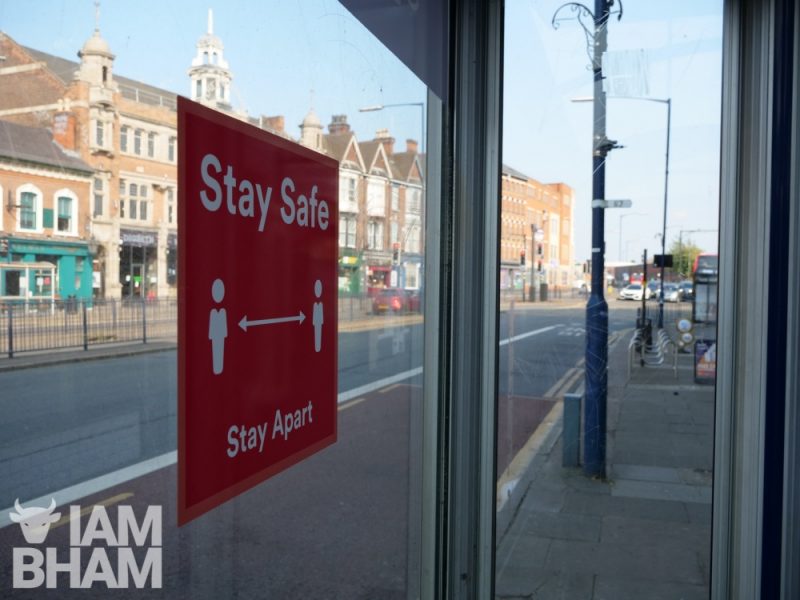 Adam Yosef
Adam Yosef You must not leave your home unless you have a reasonable excuse (for example, for work or education purposes). If you need to travel you should stay local – meaning avoiding travelling outside of your village, town or the part of a city where you live – and look to reduce the number of journeys you make overall.
The list of reasons you can leave your home and area include, but are not limited to:
- Work, where you cannot reasonably work from home
- Accessing education and for caring responsibilities
- Visiting those in your support bubble – or your childcare bubble for childcare
- Visiting hospital, GP and other medical appointments or visits where you have had an accident or are concerned about your health
- Buying goods or services that you need, but this should be within your local area wherever possible
- Outdoor exercise. This should be done locally wherever possible, but you can travel a short distance within your area to do so if necessary (for example, to access an open space)
- Attending the care and exercise of an animal, or veterinary services
If you need to travel, walk or cycle where possible, and plan ahead and avoid busy times and routes on public transport. This will allow you to practice social distancing while you travel.
Avoid car sharing with anyone from outside your household or your support bubble.
If you need to use public transport, you should follow the safer travel guidance.
International travel
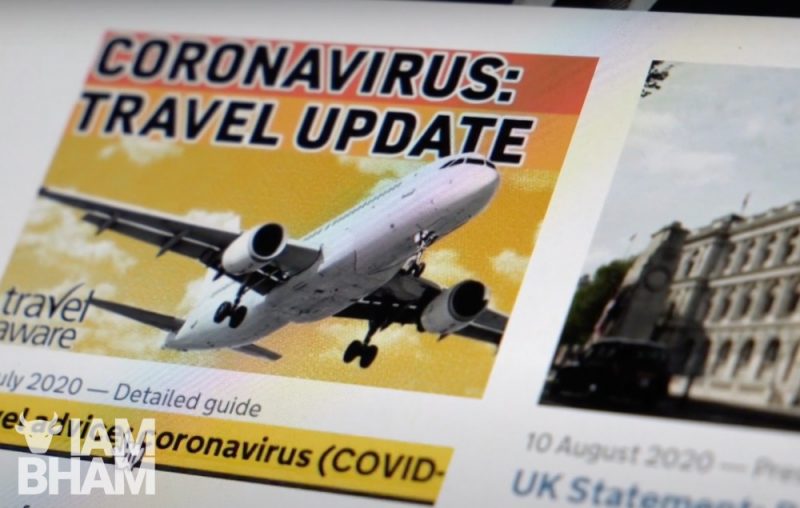 Adam Yosef
Adam Yosef You can only travel internationally – or within the UK – where you first have a legally permitted reason to leave home. In addition, you should consider the public health advice in the country you are visiting.
If you do need to travel overseas (and are legally permitted to do so, for example, because it is for work), even if you are returning to a place you’ve visited before, you should look at the rules in place at your destination and the Foreign, Commonwealth and Development Office (FCDO) travel advice.
UK residents currently abroad do not need to return home immediately. However, you should check with your airline or travel operator on arrangements for returning.
Foreign nationals are subject to the ‘Stay at Home’ regulations. You should not travel abroad unless it is permitted. This means you must not go on holiday.
If you are visiting the UK, you may return home. You should check whether there are any restrictions in place at your destination.
Care home visits
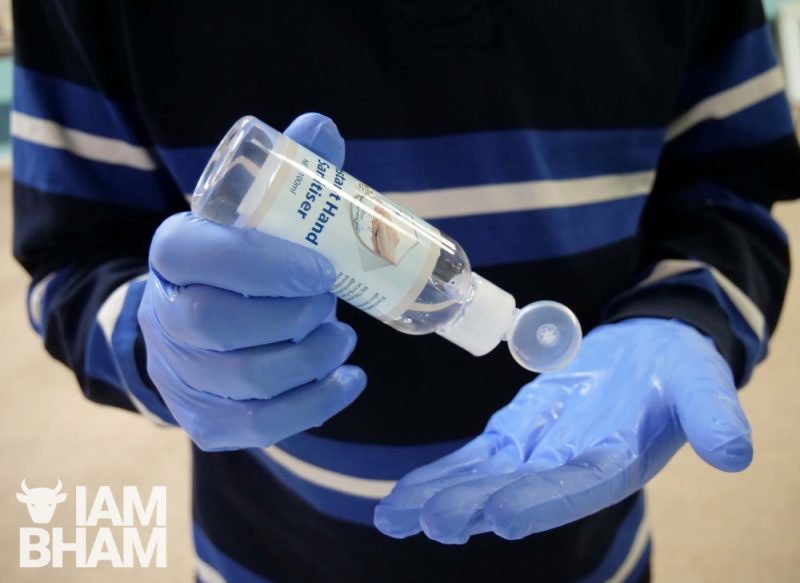 Adam Yosef
Adam Yosef Visits to care homes can take place with arrangements such as substantial screens, visiting pods, or behind windows. Close-contact indoor visits are not allowed. No visits will be permitted in the event of an outbreak.
You should check the guidance on visiting care homes during COVID-19 to find out how visits should be conducted.
Residents cannot meet people indoors on a visit out (for example, to visit their relatives in the family home).
Public services
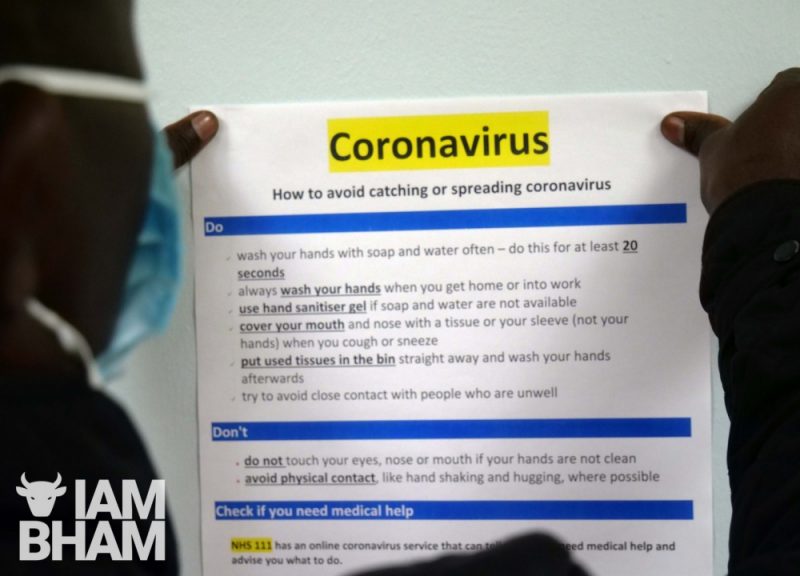 Adam Yosef
Adam Yosef The majority of public services will continue and you will be able to leave home to visit them. These include:
- The NHS and medical services like GPs and dentists. The government is supporting the NHS to carry out urgent and non-urgent services safely, and it is vital anyone who thinks they need any kind of medical care comes forward and seeks help
- Jobcentre Plus sites
- Courts and probation services
- Civil registrations offices
- Passport and visa services
- Services provided to victims
- Waste or recycling centres
- Getting an MOT, if you need to drive when lawfully leaving home
Rules, penalties and the law
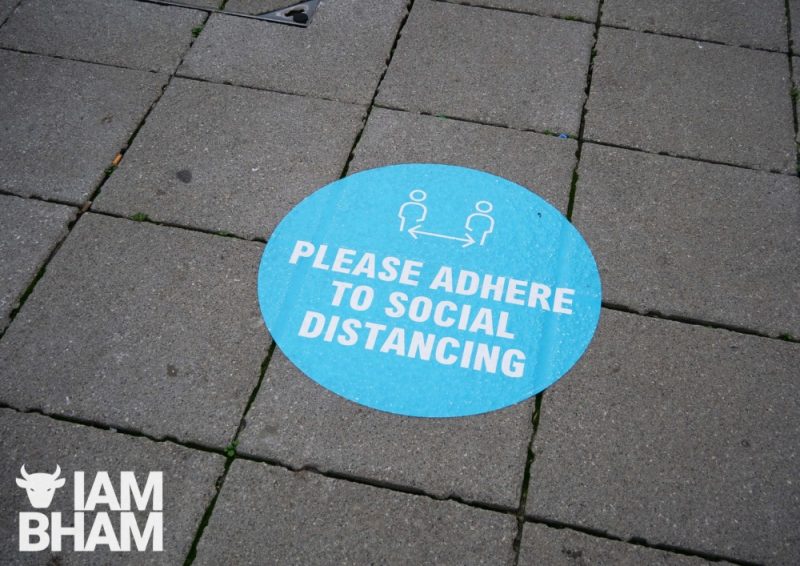 Adam Yosef
Adam Yosef According to the government, the police can take action against you if you meet in larger groups. This includes breaking up illegal gatherings and issuing fines (fixed penalty notices).
You can be given a Fixed Penalty Notice of £200 for the first offence, doubling for further offences up to a maximum of £6,400. If you hold, or are involved in holding, an illegal gathering of over 30 people, the police can issue fines of £10,000.
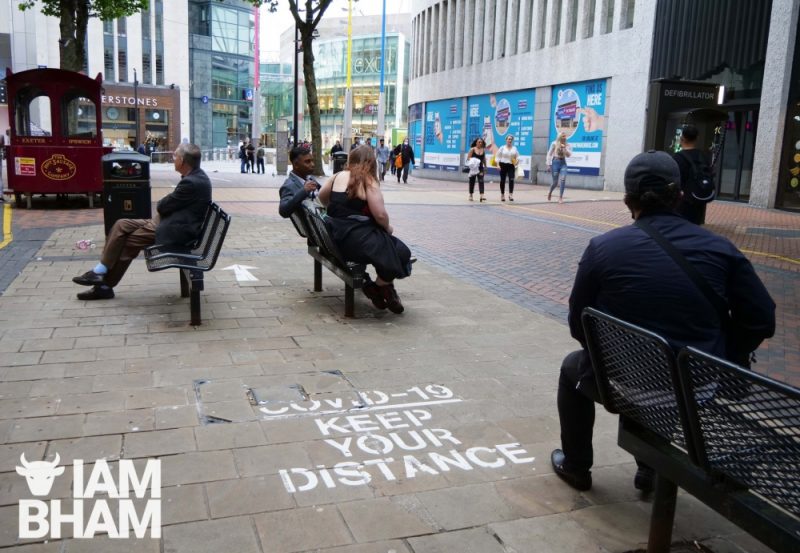 Adam Yosef
Adam Yosef January 2021: What are the new lockdown rules?
- People cannot leave their homes except for specific reasons, similar to the first lockdown last March
- These include essential medical needs, food shopping, exercise and work for those who cannot do so from home. All non-essential retail and personal care must close
- All schools and colleges will close to most pupils from Tuesday with remote learning until February half-term, but nurseries will stay open
- End-of-year exams will not take place this summer as normal
- University students must not return to campuses but continue to learn online from their current residences until mid-February
- In-person teaching should only take place for a small number of courses, such as critical care sectors
- BTec examinations taking place over the next few days will still go ahead
- Playgrounds will remain open and so will places of worship
- Restaurants may continue to offer delivery for food, but takeaway alcohol will be banned
- Outdoor sports venues such as golf courses, tennis courts and outside gyms must close
- Elite sport such as Premier League football can continue but amateur team sports are not allowed
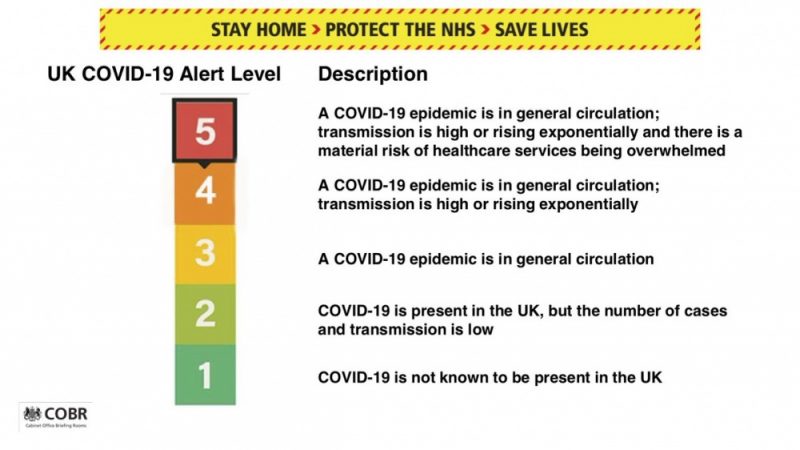 GOV.UK
GOV.UK The latest lockdown begins on Tuesday 5 January. You can view the new government lockdown guidelines here.






